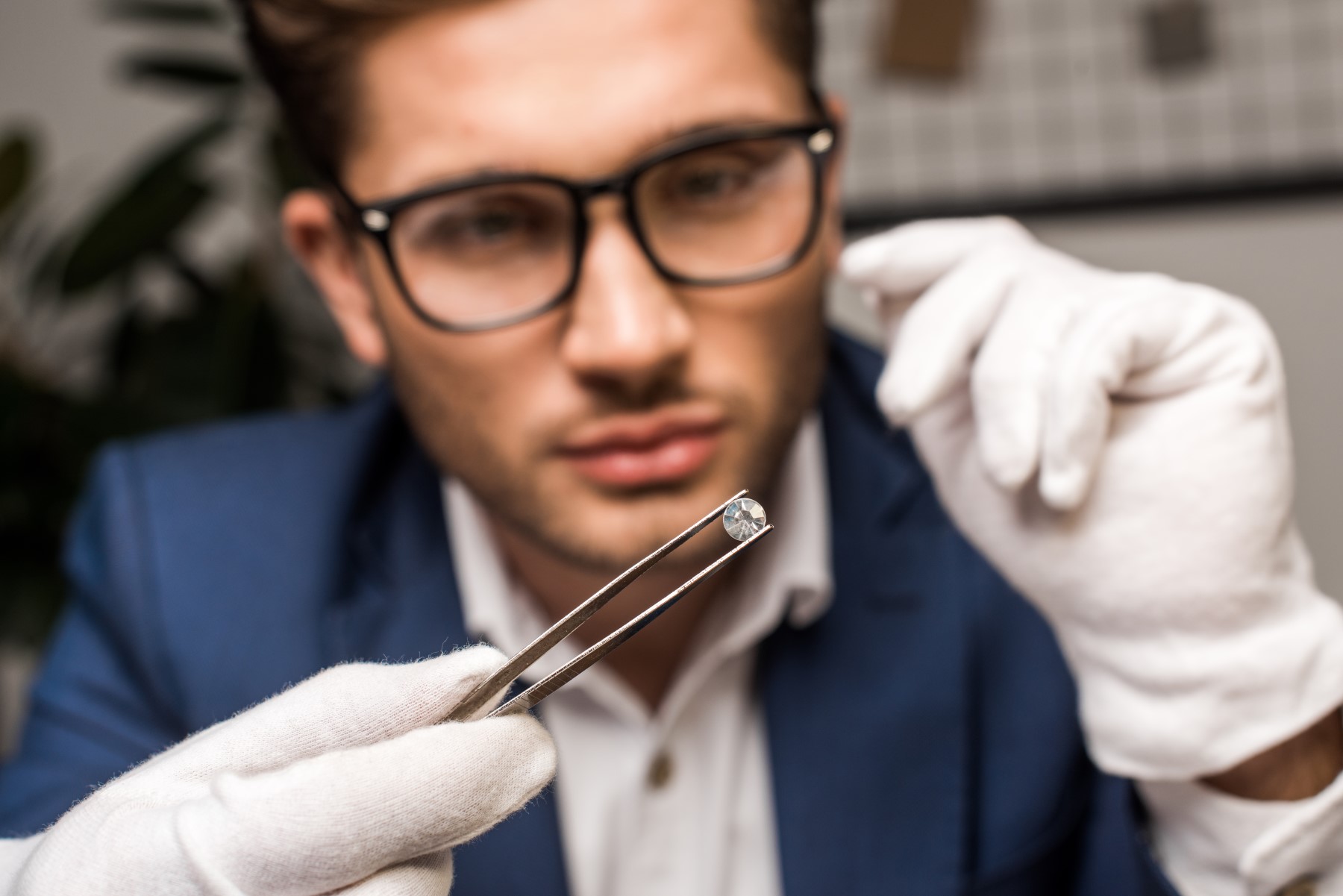
The Importance of Appraisals for Inherited Jewelry
Inheriting jewelry can be a sentimental and emotional experience, often passed down from generation to generation. However, it’s important to remember that these pieces may also hold significant monetary value. It’s essential to have inherited jewelry appraised by a professional jewelry appraiser to determine its true worth.
Why Appraisals Are Important
Inheriting jewelry can be an exciting and emotional experience, but it’s essential to have it appraised to determine its true value. Appraisals are necessary for several reasons:
1. Insurance: If you want to insure your inherited jewelry, you’ll need to know its value. Insurance companies require appraisals before insuring high-value items like jewelry. In the event of loss, theft or damage, appraisals are necessary to file a claim.
2. Estate Planning: If you plan to pass down your jewelry to future generations, you’ll need to know its value for estate planning purposes. An appraisal protects the value of the inheritance and ensures that it’s distributed fairly among heirs.
3. Selling: If you’re considering selling your inherited jewelry, an appraisal is necessary to determine its value. Appraisals give you an idea of what your jewelry is worth, allowing you to set a fair price and potentially maximize your profit.
The Appraisal Process
Appraising jewelry is a complex process that requires a trained professional. The appraiser will examine the jewelry and provide a written report detailing its value. Here’s what to expect during the appraisal process:
1. Research: The appraiser will research the jewelry to determine its history, age, materials, and craftsmanship. They’ll also research current market trends and values.
2. Examination: The appraiser will examine the jewelry under a microscope, checking for condition, damage, and wear. They’ll also test the metal and stones for authenticity.
3. Measurements: The appraiser will measure the jewelry and note its weight, size, and shape.
4. Documentation: The appraiser will provide a written report detailing the jewelry’s value, including photos and descriptions. The report will include a detailed description of the jewelry, including the materials, weight, and condition. It will also include a detailed analysis of the jewelry’s value, including market trends and comparable sales.
Choosing an Appraiser
Choosing the right appraiser is crucial to ensuring an accurate appraisal. Here are some tips for selecting an appraiser:
1. Credentials: Look for an appraiser with formal training and certification from a reputable organization like the Gemological Institute of America (GIA).
2. Experience: Look for an appraiser with experience appraising the type of jewelry you’re inheriting. For example, if you’re inheriting antique jewelry, look for an appraiser with experience appraising antiques.
3. References: Ask for references from past clients and check online reviews to ensure the appraiser has a good reputation.
4. Fees: Make sure you understand the appraiser’s fees before agreeing to the appraisal. Some appraisers charge a flat fee, while others charge a percentage of the appraised value.
Conclusion
Inheriting jewelry can be an emotional and sentimental experience, but it’s important to remember that these pieces may hold significant monetary value. Having inherited jewelry appraised by a professional is essential for insurance, estate planning, and selling purposes. The appraisal process is complex and requires a trained professional. Choosing the right appraiser is crucial to ensuring an accurate appraisal. Don’t let the sentimental value of your inherited jewelry cloud your judgment, get it appraised today! Find out more or drop by our Dorchester Location
